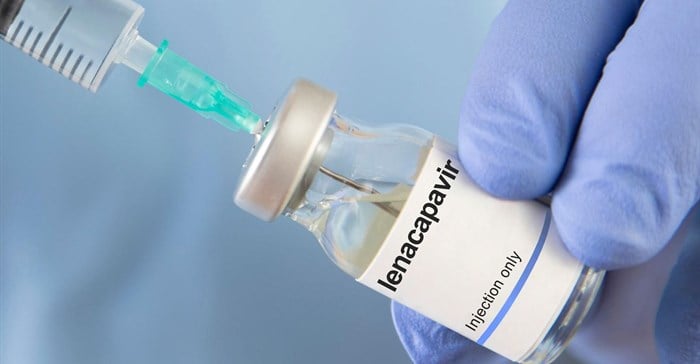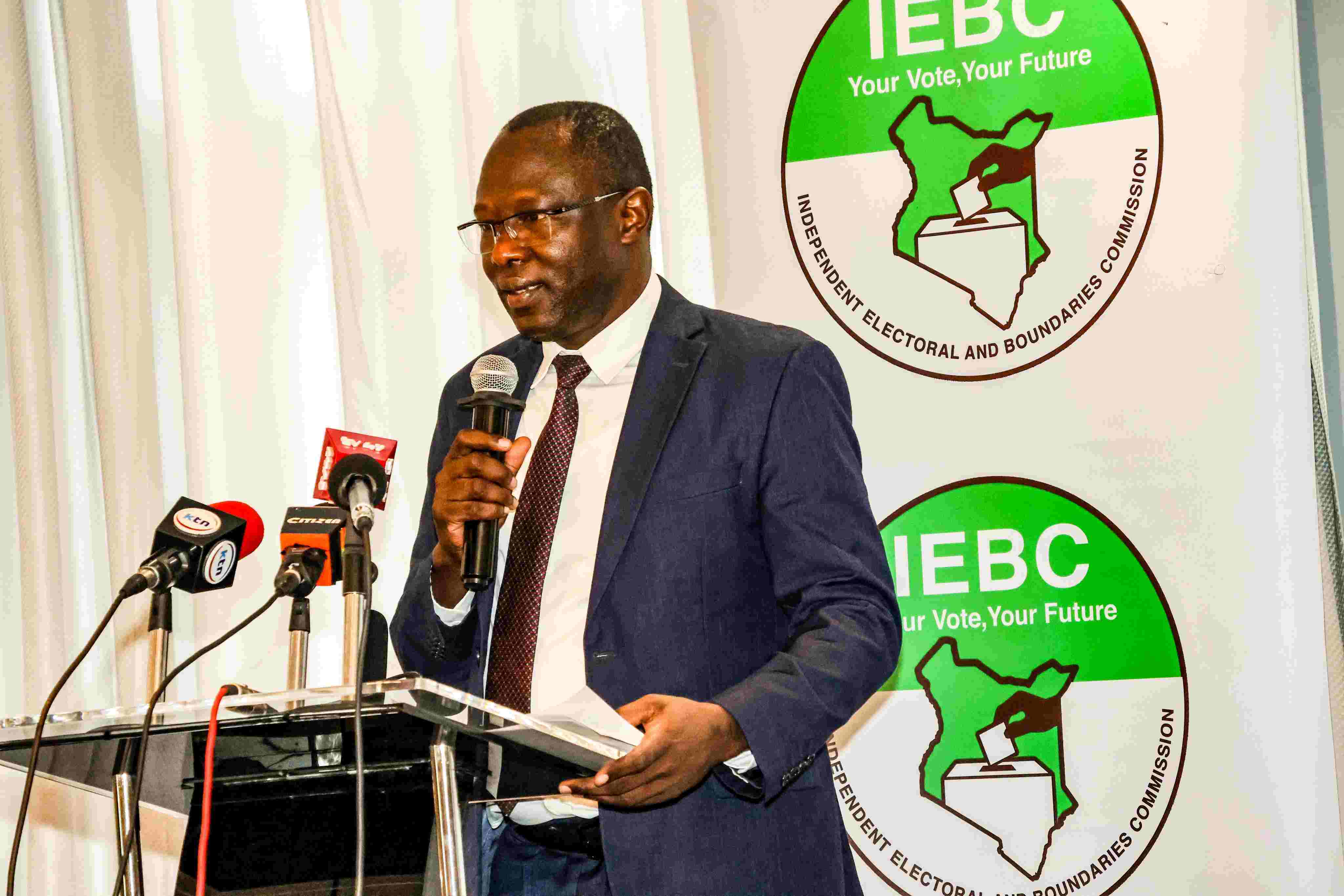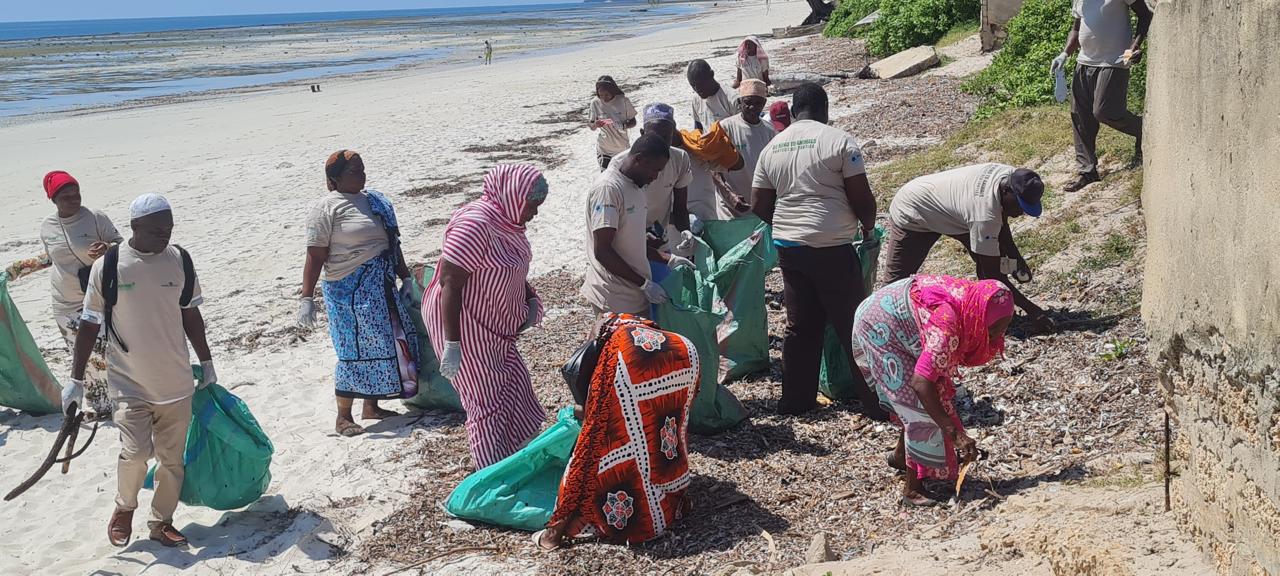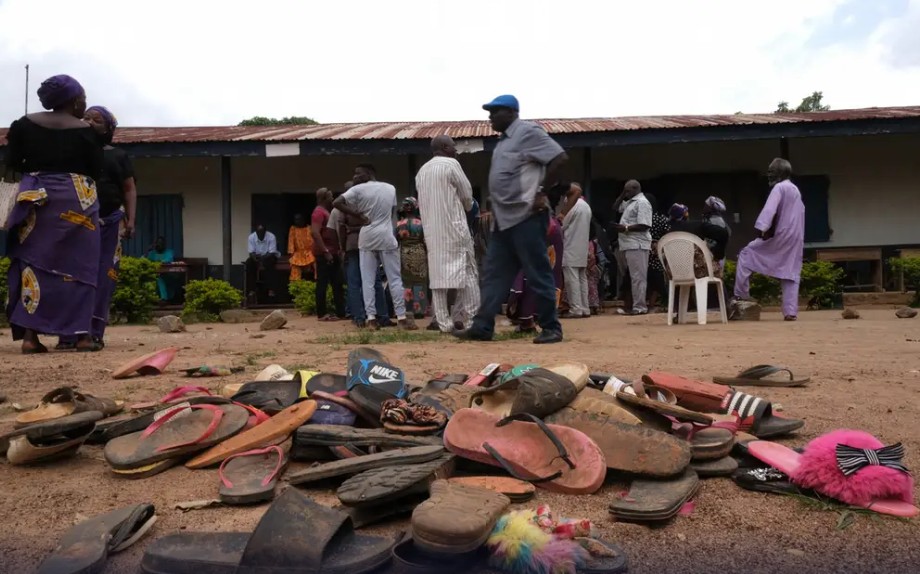South Africa becomes first African nation to offer twice-yearly HIV prevention shot

Lenacapavir is administered as a six-monthly injection, starting with a subcutaneous initiation dose, supported by tablets on days one and two.
South Africa has become the first African country to approve a twice-yearly injectable drug that prevents HIV, with the rollout expected to begin next year.
The South African Health Products Regulatory Authority (SAHPRA) announced that lenacapavir, a long-acting HIV prevention injection, has been registered, marking a significant milestone in the country’s fight against HIV and AIDS.
More To Read
- UNAIDS hails Kenya–US health framework as major boost for HIV response
- Kenya's HIV statistics (2024)
- Youth still hardest hit by new HIV infections as Kwale marks World AIDS Day
- Turkana marks World AIDS Day with stark warning over rising HIV infections
- German researchers find highly effective HIV antibody
- High Court upholds ruling against KDF for HIV discrimination in recruitment
The drug, developed by US-based biopharmaceutical company Gilead Sciences, was submitted to SAHPRA in March 2025. Two weeks ago, Health Minister Aaron Motsoaledi announced that South Africa plans to launch lenacapavir as early as March 2026.
Speaking at the national roundtable on lenacapavir access and sustainability, Motsoaledi said the drug has the potential to fill critical gaps in current HIV prevention strategies.
“Lenacapavir represents a groundbreaking development in HIV prevention. Its long-acting formulation allows adults and adolescents to receive protection over six months with just two doses per year,” Motsoaledi said.
The South African National AIDS Council (SANAC) and the Department of Health held a multi-stakeholder roundtable to discuss the country’s readiness to implement the drug.
Lenacapavir is administered as a six-monthly injection, starting with a subcutaneous initiation dose, supported by tablets on days one and two. SAHPRA said it is intended for HIV negative adults and adolescents weighing at least 35kg who are at risk of infection.
SAHPRA emphasised that lenacapavir should always be used alongside safer sex practices, such as condom use, to reduce the risk of other sexually transmitted infections.
“This product is the most effective HIV prevention measure thus far. The registration of lenacapavir is a game changer, given the high prevalence rate of HIV in South Africa,” SAHPRA CEO Boitumelo Semete Makokotlela said.
SAHPRA added that the drug’s approval followed the European Medicines for All Procedure (EU-M4All), which allows the European Medicines Agency and participating regulatory authorities to provide scientific opinions on high-priority medicines for markets outside the European Union.
“The benefits of this pathway are to strengthen regulatory systems and accelerate access to essential medicines,” the watchdog said.
Earlier this month, Motsoaledi said the government plans to integrate lenacapavir into domestic financing mechanisms, aiming for routine funding after two years. Gilead and six pharmaceutical companies, including one in Egypt, will produce the injection for US$40 (Sh5,168) per person per year, a reduction from the original US$28,000 (Sh3,617,600) price.
Partnerships with the Gates Foundation and local manufacturers will also produce generic versions, while South Africa actively pursues domestic production capabilities.
The initial doses will be funded by a US$29.2 million (Sh3,772,640,000) grant from the Global Fund to Fight HIV, TB, and Malaria, enough for 456,360 people over two years. Experts note, however, that South Africa would need one to two million doses per year to significantly curb HIV transmission within 18 years. Currently, around eight million South Africans live with HIV, and about 1,000 adolescent girls and young women become newly infected each week.
Early data show lenacapavir is safe for use by pregnant and breastfeeding women, a group at higher risk of contracting HIV.
Minister in the Presidency Khumbudzo Ntshavheni said the initial rollout is scheduled for March or April 2026, targeting 23 high-incidence districts across six provinces and around 360 high-performing public clinics.
However, concerns have been raised over South Africa’s exclusion from Gilead’s licensing agreements, which limit local generic production. The Economic Freedom Fighters (EFF) criticised this, terming it “a modern form of pharmaceutical exploitation” and warning that relying on imported doses could undermine long-term sustainability.
“The registration of LEN is a step forward, but we must ensure local production to reduce costs and strengthen our healthcare system,” EFF said in a statement.
If widely adopted, lenacapavir could dramatically reduce HIV transmission and potentially help end AIDS in South Africa within 14 to 18 years.
Top Stories Today












































